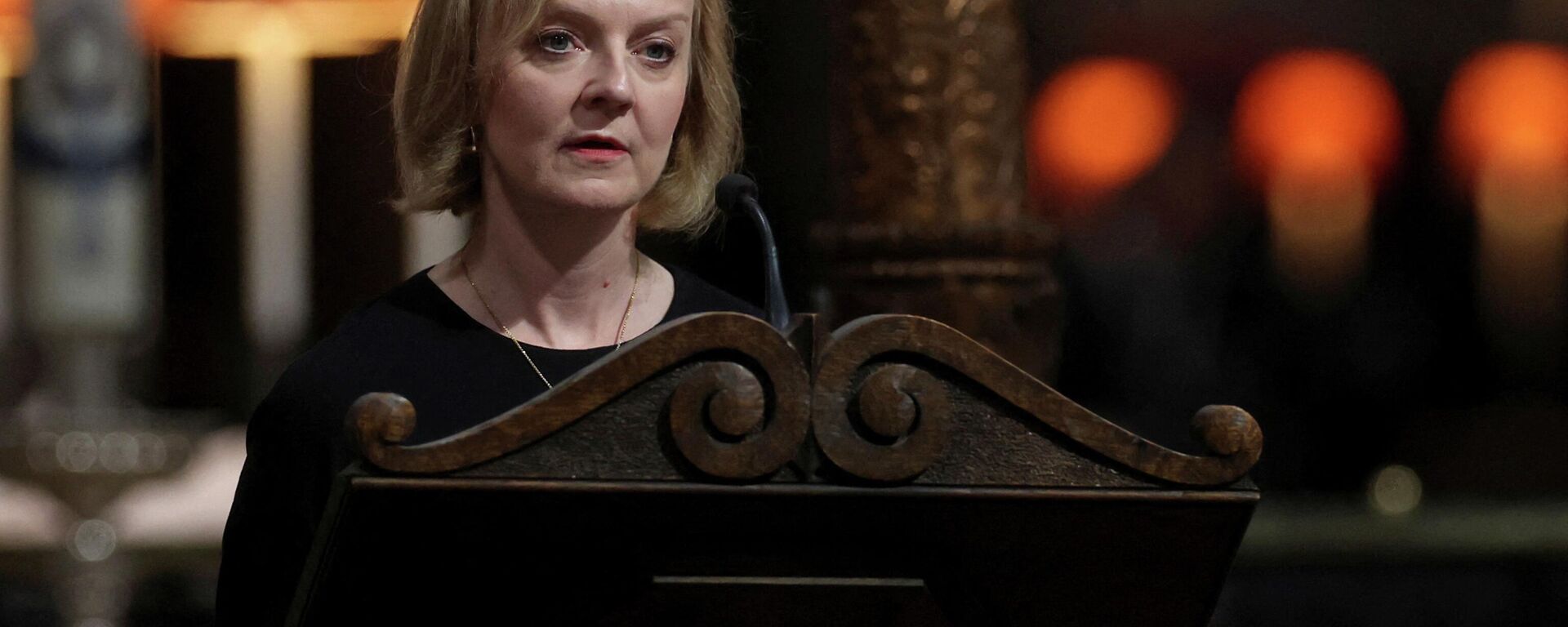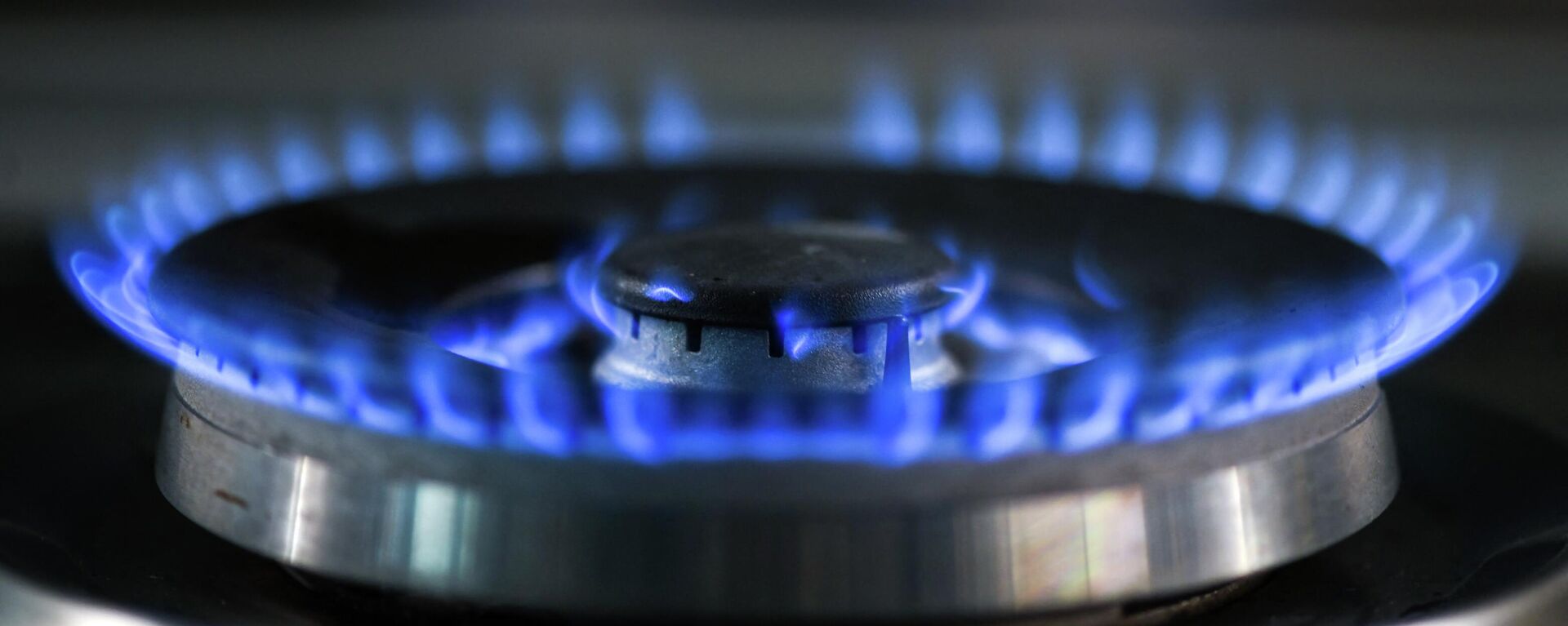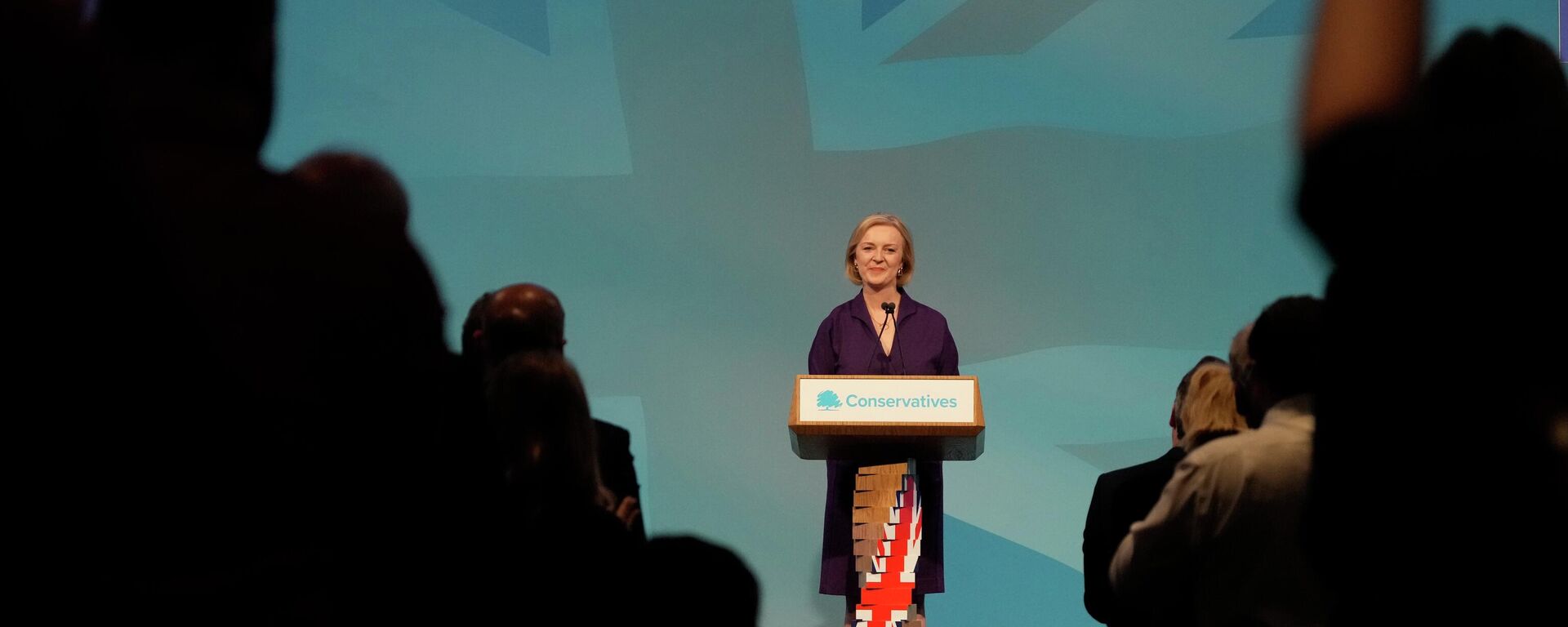https://sputnikglobe.com/20220914/uk-companies-fear-ruin-over-delay-to-govt-energy-support-package-to-cover-costs-of-doing-business-1100745988.html
UK Firms Fear Ruin As Government Support Package to Cover ‘Costs of Doing Business’ Faces Delays
UK Firms Fear Ruin As Government Support Package to Cover ‘Costs of Doing Business’ Faces Delays
Sputnik International
Capping gas and electricity bills at a maximum of £2,500 annually for two years from 1 October was part of the £150Bln support package unveiled by UK Prime... 14.09.2022, Sputnik International
2022-09-14T05:46+0000
2022-09-14T05:46+0000
2023-05-28T15:21+0000
energy crisis in europe
liz truss
energy
energy prices
energy crisis
united kingdom (uk)
https://cdn1.img.sputnikglobe.com/img/101743/78/1017437845_0:67:1280:787_1920x0_80_0_0_6f13a3b2e255e8becb980bfff84a33a1.jpg
UK business leaders are likely to face weeks of delays before they receive their share of the government’s energy support package, unveiled by Prime Minister Liz Truss on 8 September, The Financial Times reported.The difficulties of launching the support scheme before November has been cited as the reason companies will have to wait longer than households to receive the bail-out to cover the soaring “costs of doing business”. However, as hundreds of thousands of companies’ fixed-price energy contracts are due to expire at the start of October, they face steep price rises within weeks. Ministers have been warned by business lobby groups that many companies, particularly in sectors such as hospitality and manufacturing, may not survive without a lifeline this autumn.When unveiling the government’s plan, which is said to be worth £150Bln, the prime minister said that businesses, charities and public sector organizations would be offered six months of support “equivalent” to the package on offer to households.Although consumers are to have their yearly gas and electricity bills capped at an average of £2,500 from 1 October, ministers have reportedly told business executives that the support scheme for them is still in the works.Looming ‘Cliff Edge’In the case of UK households, the rolling energy price cap is operated by the regulator, Ofgem. The energy price cap set by the regulator dictates the amount energy suppliers can charge customers on their standard variable tariff. The cap at present is £1,971 ($2,277), but it was expected to soar by 80 percent on 1 October to £3,549 ($4,100). Further rises were expected on 1 January and 1 April next year. However, the tariff will now be frozen until 2024.However, the separate support package for businesses is more complicated. Ministers and officials are believed still to be working out how to limit companies’ energy bills, with specific legislation possibly required which could add to the delays, the report stated. Parliament is suspended until after the funeral of Queen Elizabeth II on 19 September, and is due to go into recess for party conferences starting on 22 September.In line with the broad framework of the government’s plan for companies, it would provide energy suppliers with a subsidy to cover the difference between a new - lower - price and what energy retailers would otherwise charge their business customers. But ministers have yet to decide on the precise system for implementing this.British businesses have objected to being left in the dark by the government where financial details of the scheme are concerned, according to the report. There is believed to be no clarity as to where fixed unit prices would be set or if this could be used by businesses that have already negotiated contracts at higher levels in recent months. It had been suggested earlier that companies might be allowed to exit existing contracts negotiated at a higher rate earlier this year so that they may benefit from the energy assistance.Furthermore, this government support for companies faces a looming “cliff edge” in the spring as the full package is designed to run out after six months. After that, there will be a review to decide on further help for only the most vulnerable industries. Ministers have yet to reveal details about which industries are likely to be deemed vulnerable. Executives have expressed fears that amid the energy crisis, numerous shops, pubs, restaurants and hotels might face financial ruin this winter.A survey of pubs, restaurants and hotels by lobby group UKHospitality published last week, reveled that one in five businesses feared they would not survive the present crisis. Another 60 percent admitted they were no longer profitable.As for large industries, Steve Elliott, chief executive of the Chemical Industries Association, was cited as saying:
https://sputnikglobe.com/20220913/liz-truss-faces-growing-pressure-to-reveal-details-of-energy-crisis-plan-as-britons-mourn-queen-1100704747.html
https://sputnikglobe.com/20220910/uk-gas-giant-considers-profit-cap-to-slash-energy-bills-amid-cost-of-living-crisis-1100632913.html
https://sputnikglobe.com/20220908/how-truss-energy-bills-freeze--drilling-plans-may-amplify-uks-problems-1100554416.html
united kingdom (uk)
Sputnik International
feedback@sputniknews.com
+74956456601
MIA „Rossiya Segodnya“
2022
News
en_EN
Sputnik International
feedback@sputniknews.com
+74956456601
MIA „Rossiya Segodnya“
Sputnik International
feedback@sputniknews.com
+74956456601
MIA „Rossiya Segodnya“
liz truss, energy, energy prices, energy crisis, united kingdom (uk)
liz truss, energy, energy prices, energy crisis, united kingdom (uk)
UK Firms Fear Ruin As Government Support Package to Cover ‘Costs of Doing Business’ Faces Delays
05:46 GMT 14.09.2022 (Updated: 15:21 GMT 28.05.2023) Capping gas and electricity bills at a maximum of £2,500 annually for two years from 1 October was part of the £150Bln support package unveiled by UK Prime Minister Liz Truss on 8 September to tackle the cost of living crisis.
UK business leaders are likely to face weeks of delays before they receive their share of the government’s
energy support package, unveiled by Prime Minister Liz Truss on 8 September, The Financial Times reported.
The difficulties of launching the support scheme before November has been cited as the reason companies will have to wait longer than households to receive the bail-out to cover the soaring “costs of doing business”. However, as hundreds of thousands of companies’ fixed-price energy contracts are due to expire at the start of October, they face
steep price rises within weeks. Ministers have been warned by business lobby groups that many companies, particularly in sectors such as hospitality and manufacturing, may not survive without a lifeline this autumn.
When unveiling the government’s plan, which is said to be worth £150Bln, the prime minister said that businesses, charities and public sector organizations would be offered six months of support “equivalent” to the package on offer to households.
Although consumers are to have their yearly gas and electricity bills capped at an average of £2,500 from 1 October, ministers have reportedly told business executives that the support scheme for them is still in the works.
“It is not worked through yet. I don’t know whether it will come in before November. There’s some debate about whether it can be brought forward and happen before then,” a government official was cited as saying.

13 September 2022, 05:56 GMT
In the case of UK households, the rolling energy price cap is operated by the regulator, Ofgem. The energy price cap set by the regulator dictates the amount energy suppliers can charge customers on their standard variable tariff. The cap at present is £1,971 ($2,277), but it was expected to soar by 80 percent on 1 October to £3,549 ($4,100). Further rises were expected on 1 January and 1 April next year. However, the tariff will now be frozen until 2024.
However, the separate support package for businesses is more complicated. Ministers and officials are believed still to be working out how to limit companies’ energy bills, with specific legislation possibly required which could add to the delays, the report stated. Parliament is suspended until after the
funeral of Queen Elizabeth II on 19 September, and is due to go into recess for party conferences starting on 22 September.

10 September 2022, 10:06 GMT
In line with the broad framework of the government’s plan for companies, it would provide energy suppliers with a subsidy to cover the difference between a new - lower - price and what energy retailers would otherwise charge their business customers. But ministers have yet to decide on the precise system for implementing this.
British businesses have objected to being left in the dark by the government where financial details of the scheme are concerned, according to the report. There is believed to be no clarity as to where fixed unit prices would be set or if this could be used by businesses that have already negotiated contracts at higher levels in recent months. It had been suggested earlier that companies might be allowed to exit existing contracts negotiated at a higher rate earlier this year so that they may benefit from the energy assistance.
Furthermore, this government support for companies faces a looming “cliff edge” in the spring as the full package is designed to run out after six months. After that, there will be a review to decide on further help for only the most vulnerable industries. Ministers have yet to reveal details about which industries are likely to be deemed vulnerable.
Executives have expressed fears that amid the energy crisis, numerous shops, pubs, restaurants and hotels might
face financial ruin this winter.
A survey of pubs, restaurants and hotels by lobby group UKHospitality published last week, reveled that one in five businesses feared they would not survive the present crisis. Another 60 percent admitted they were no longer profitable.
As for large industries, Steve Elliott, chief executive of the Chemical Industries Association, was cited as saying:
“We have members who are facing the looming 1 October renewal date [of their energy contract]. Many were holding off agreeing a new deal pending the government’s relief package."

8 September 2022, 17:59 GMT





